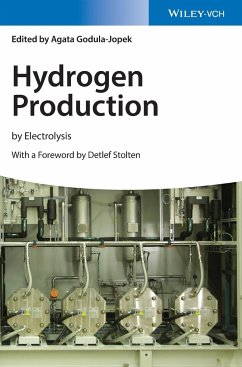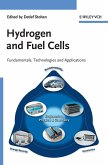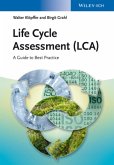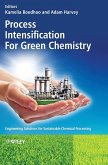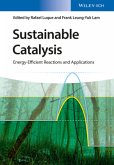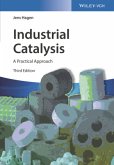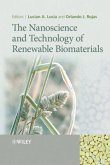Written by an internationally renowned team from academia, government institutes and industry, this comprehensive book includes the fundamentals and a comparison of current applications, while focusing on the latest achievements and future directions.
Covering the various aspects of this fast-evolving field, this comprehensive book includes the fundamentals and a comparison of current applications, while focusing on the latest, novel achievements and future directions.
The introductory chapters explore the thermodynamic and electrochemical processes to better understand how electrolysis cells work, and how these can be combined to build large electrolysis modules. The book then goes on to discuss the electrolysis process and the characteristics, advantages, drawbacks, and challenges of the main existing electrolysis technologies. Current manufacturers and the main features of commercially available electrolyzers are extensively reviewed. The final chapters then present the possible configurations for integrating water electrolysis units with renewable energy sources in both autonomous and grid-connected systems, and comment on some relevant demonstration projects.
Written by an internationally renowned team from academia and industry, the result is an invaluable review of the field and a discussion of known limitations and future perspectives.
Hinweis: Dieser Artikel kann nur an eine deutsche Lieferadresse ausgeliefert werden.
Covering the various aspects of this fast-evolving field, this comprehensive book includes the fundamentals and a comparison of current applications, while focusing on the latest, novel achievements and future directions.
The introductory chapters explore the thermodynamic and electrochemical processes to better understand how electrolysis cells work, and how these can be combined to build large electrolysis modules. The book then goes on to discuss the electrolysis process and the characteristics, advantages, drawbacks, and challenges of the main existing electrolysis technologies. Current manufacturers and the main features of commercially available electrolyzers are extensively reviewed. The final chapters then present the possible configurations for integrating water electrolysis units with renewable energy sources in both autonomous and grid-connected systems, and comment on some relevant demonstration projects.
Written by an internationally renowned team from academia and industry, the result is an invaluable review of the field and a discussion of known limitations and future perspectives.
Hinweis: Dieser Artikel kann nur an eine deutsche Lieferadresse ausgeliefert werden.
